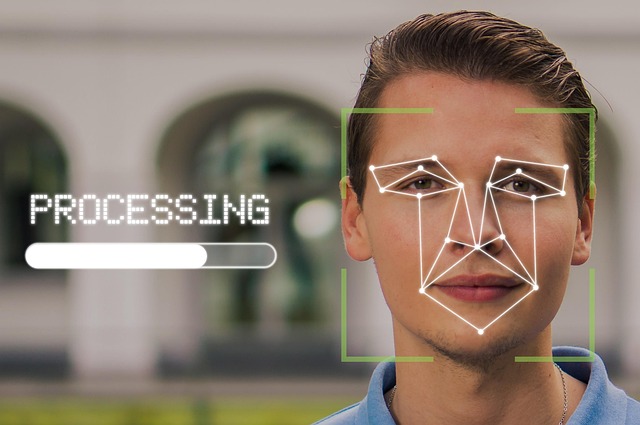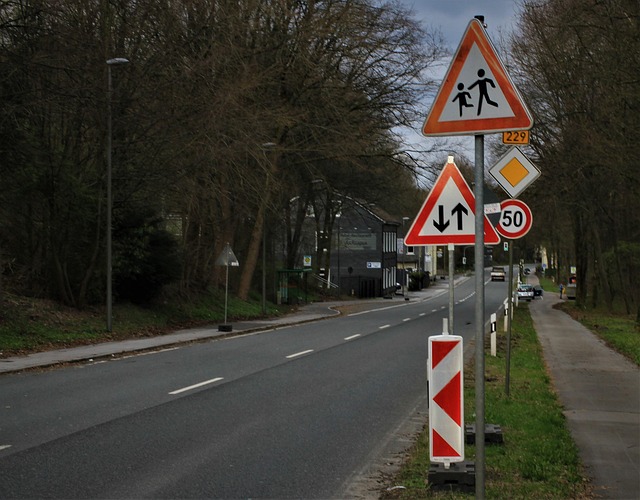The Power of Digital Detox in the Age of Technology vs Human Balance
In today’s fast-paced world, we’re constantly bombarded by the unending flow of information, notifications, and updates. The digital landscape is a double-edged sword; while technology has undeniably enhanced our lives, it has also led to a growing recognition of negative effects that can impact our mental and emotional well-being. As we navigate this intricate relationship between technology and humanity, the concept of a digital detox has emerged as a necessary antidote to our overwhelm.
What exactly is a digital detox? Simply put, it involves taking a deliberate break from digital devices, allowing ourselves the space to disconnect and recharge. Our relationships with our screens can be so consuming that we often overlook the subtle signs of stress and anxiety. The relentless scrolling through social media feeds, the pressure to stay updated, and the constant influx of emails can lead to feelings of burnout and isolation. In this context, the need for recognition of negative effects becomes urgent; we must acknowledge how technology can invade our personal spaces and distort our perception of reality.
The prevalence of digital communication has transformed the way we connect with others, yet it often comes at the expense of genuine, face-to-face interactions. A digital detox allows us to reconnect with the human element of our lives, fostering deeper relationships that are rooted in shared experiences rather than virtual likes or comments. It’s about regaining control, setting healthy boundaries, and prioritizing our mental health in an age that encourages constant connectivity.
As you embark on a digital detox, consider the ways technology has crept into your daily routines. Are you reaching for your phone first thing in the morning? Do you find it difficult to focus when your device is within arm’s reach? Recognizing these patterns is the first step towards acknowledging the negative impact they have on both your productivity and emotional state.
When we take the time to unplug from our digital lives, we create opportunities to rediscover hobbies, interests, and relationships that may have been neglected. Whether it’s going for a walk in nature, enjoying a good book, or simply engaging in meaningful conversations with friends and family, these offline activities enrich our lives in ways that a digital screen cannot replicate.
Moreover, indulging in a digital detox can lead to heightened creativity and mental clarity. The break from information overload allows our brains to wander and innovate, fostering a sense of freedom that can often be stifled by the constant barrage of online content. Imagine the possibility of brainstorming new ideas or solving problems with a fresh perspective, all because you chose to step away from the screen.
Technology will continue to be an integral part of our lives; however, the stars of our personal narratives should not be dictated by our devices. By embracing the practice of digital detox, we reclaim the narrative, ensuring that technology serves us rather than controlling us. This balance is essential for maintaining a healthy mental state and nurturing our connections with the world around us.
Ultimately, recognizing the negative effects of digital overexposure can empower us to make informed choices about our digital consumption. As we cultivate awareness around these impacts, we stand at the forefront of a movement that promotes human balance in the age of technology.




